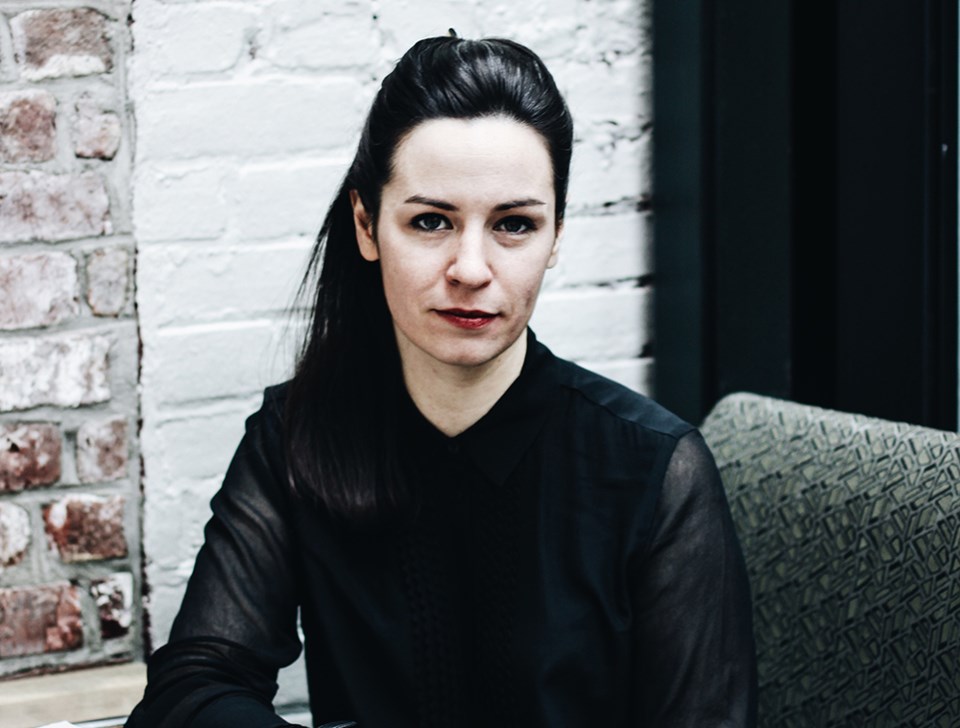To mark International Women’s Day on March 8, L’Abattoir’s wine director Lisa Haley moderated an industry forum focusing on the females shaping Vancouver’s restaurants. The initiative, which raised $2,000 for the Vancouver Rape Relief & Women’s Shelter, was more “State of the Nation,” rather than battle of the sexes.
Haley moved to Vancouver from Montréal two years ago. She feels that by comparison, the Vancouver restaurant community “is so much more welcoming, friendly and inclusive." Nevertheless, it’s still male-dominated, especially as you climb higher up the ladder.
While the number of female sommeliers working in restaurants is increasing, they’re still very much in the minority. As a snapshot, in the 17 years that the Vancouver International Wine Festival has been giving out its Sommelier of the Year award, only two recipients have been female (Barbara Philip when she was wine director at the Fish House & Cannery restaurants in 2003 and Samantha Rahn from Araxi Restaurant in 2013). At the Canadian Association of Professional Sommeliers competition in BC this year, there wasn’t a single female competitor.
Yet it is a field that women find appealing. Jill Spoor, wine director for Fairmont Pacific Rim truly loves her job: “It’s absolutely rewarding to find something you can specialize in like wine and then share that passion.” Furthermore, job opportunities are available. Haley recognizes that being a female sommelier specifically can be an advantage. As some restaurant owners and managers seek to balance their organizations, “they are really looking to have a woman on their team,” asserts Haley.
Despite greater acceptance and opportunities, gender-based adversity is an ongoing reality. Haley assures me that “the guest who would prefer to speak with the male sommelier” still exists and makes himself known. And while chauvinistic attitudes from coworkers seem to be declining, they haven’t completely disappeared. The greater challenge these women are finding, however, is being respected as businesswomen. At meetings with agents as well as winery representatives from around the world, Haley reports being completely ignored even when introduced as the wine buyer. Spoor concurs, stating: “I have also been made to feel invisible.”
As galling and unacceptable as this behaviour is, it’s countered by an overall encouraging environment. Both Haley and Spoor are quick to praise the mentors and allies, male and female, who have helped them along the way. This is the culture that needs to be nurtured.
Which brings us to the subject of motherhood. The long and often excruciatingly late hours can take their toll on anyone but are particularly incompatible with raising children. Nessa van Burgen, who was a wine buyer for a number of significant Vancouver establishments for more than 15 years, had both of her daughters while working in restaurants.
“It becomes very tough when you decide to have a family,” she admits. Besides giving due credit to her spouse, she stresses the importance of finding a good company that is going to be supportive. Restaurant owners Meeru Dhalwala (Vij’s and Rangoli) and Karri Schuermans (Chambar) are among those who adapt and show flexibility so that they can keep mothers in the restaurant industry. The sommelier role in particular can be more accommodating than many of the other positions in restaurants, as Haley points out.
“There are so many ways to structure the job,” she says. “You don’t need to be there until 1am.”
Clearly the sommelier profession isn’t for everyone. But it shouldn’t distinguish between male and female.
“The only true difference is how we’re perceived,” remarks Haley.



